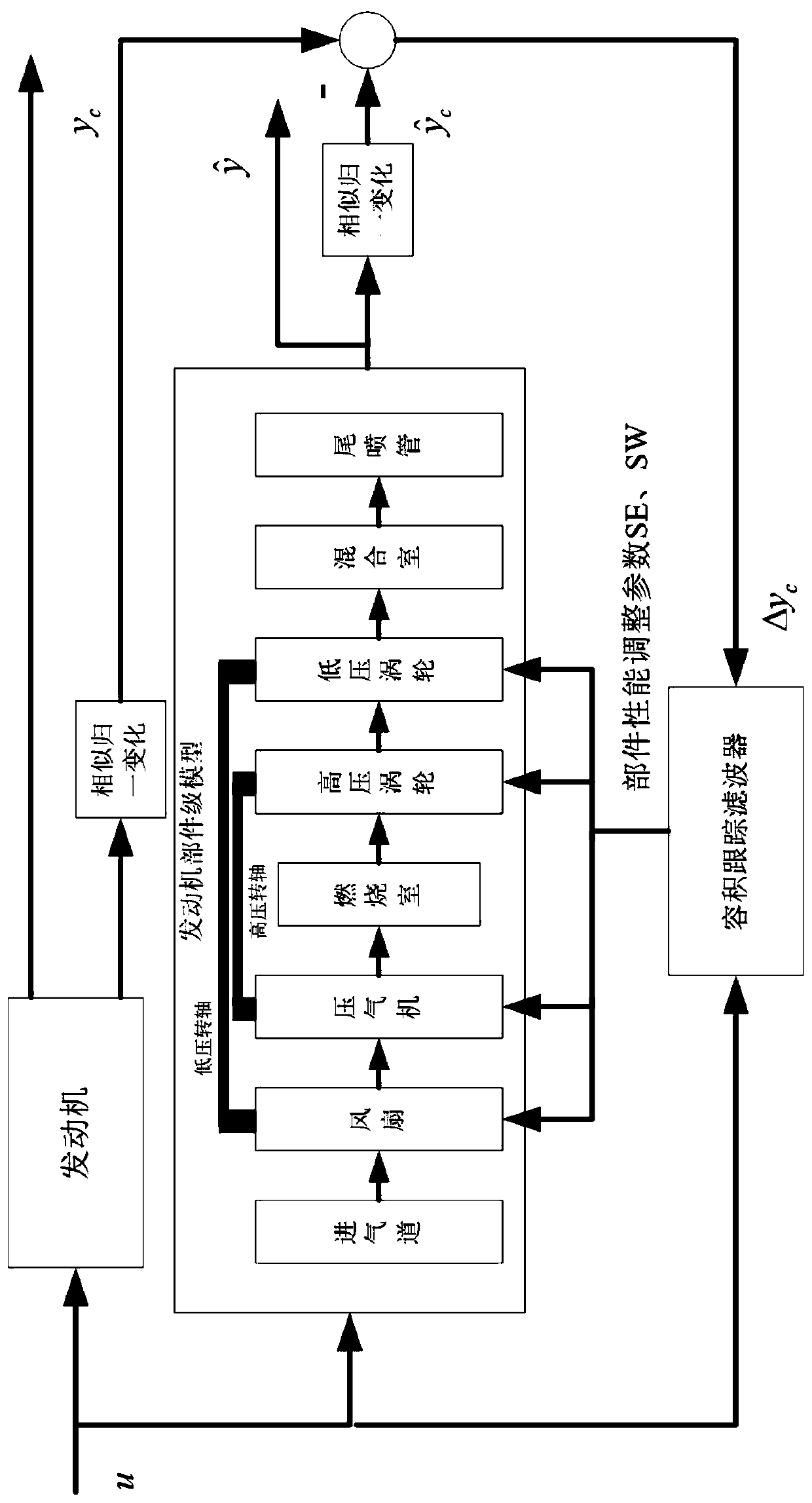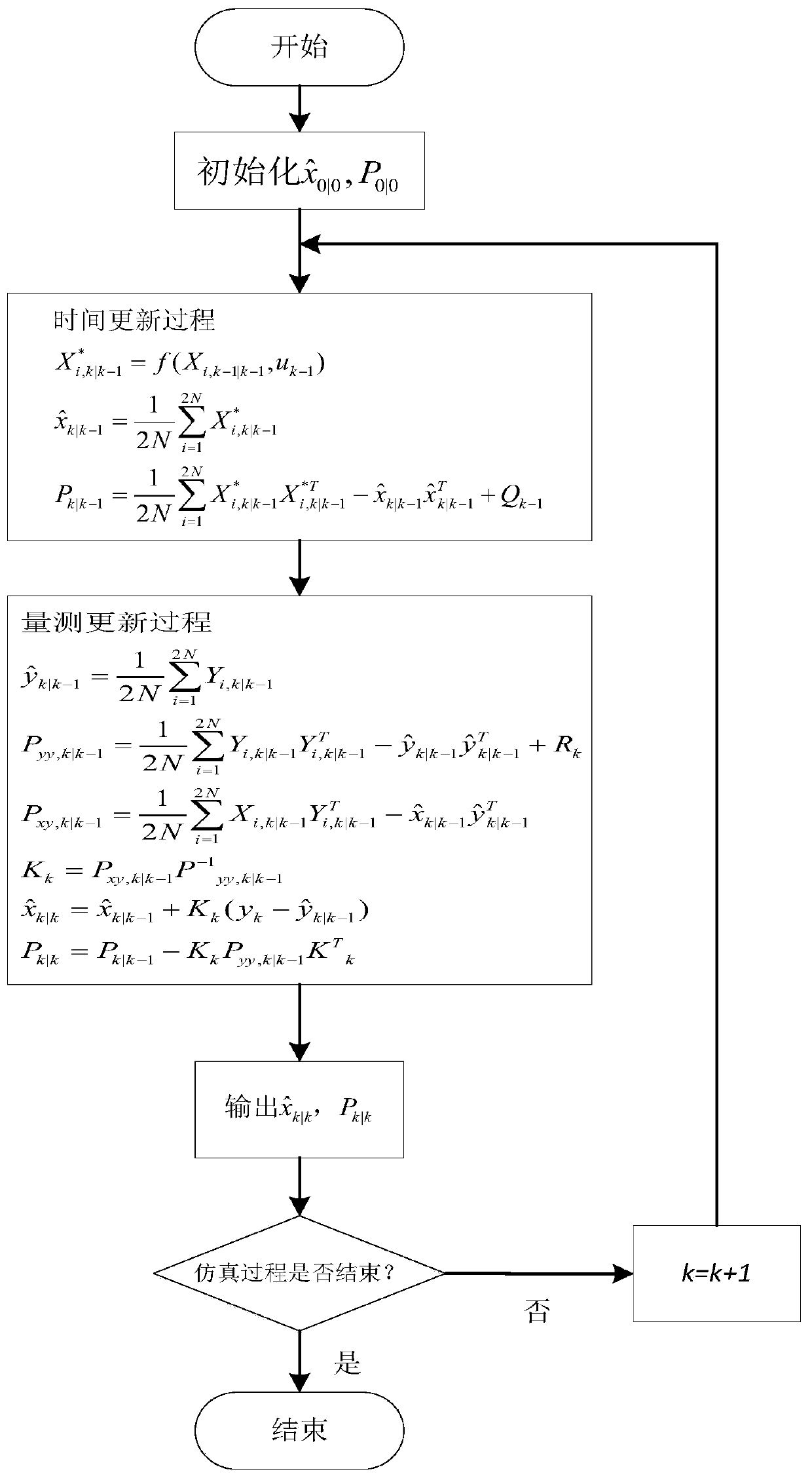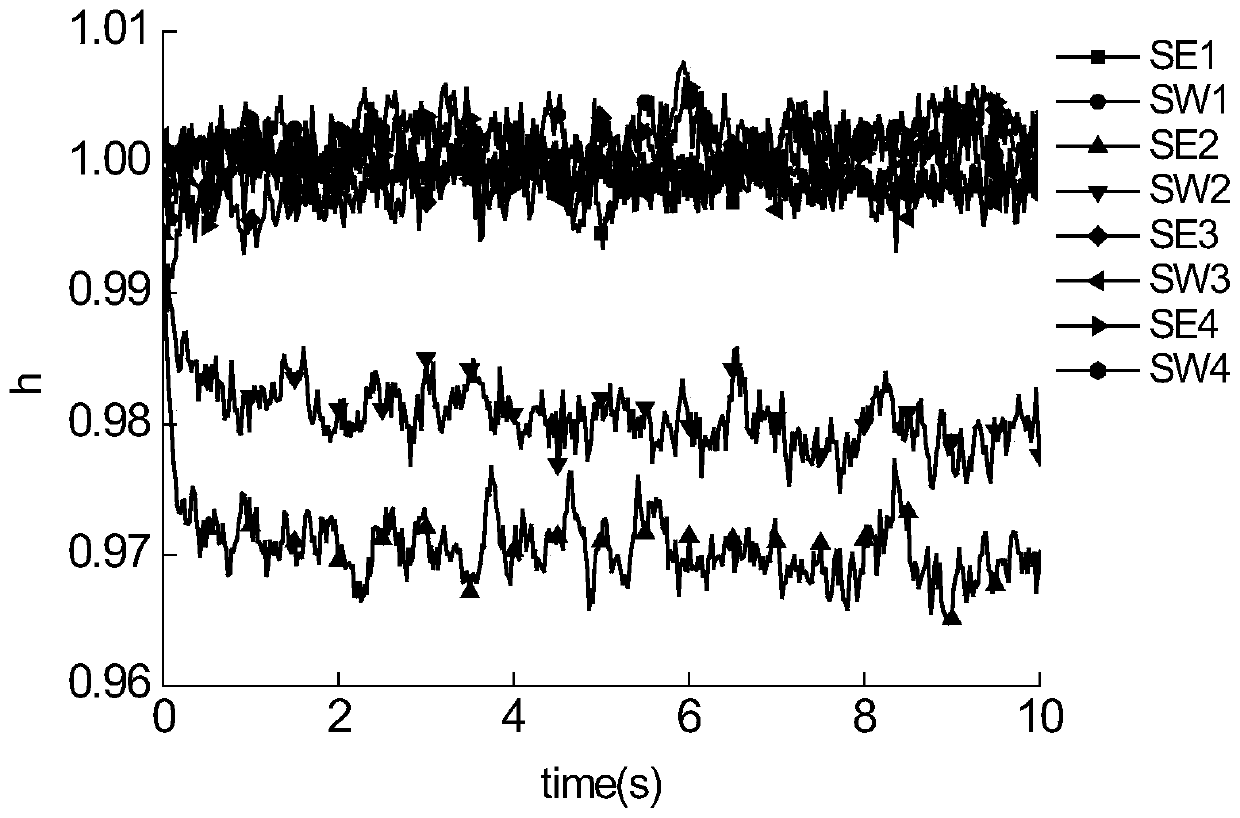A Construction Method of Turbofan Engine Adaptive Component Level Simulation Model
A turbofan engine and simulation model technology, applied in design optimization/simulation, special data processing applications, geometric CAD, etc., can solve the problem of huge workload of model matching, achieve strong adaptability, high output tracking accuracy, improve model The effect of precision
- Summary
- Abstract
- Description
- Claims
- Application Information
AI Technical Summary
Problems solved by technology
Method used
Image
Examples
Embodiment
[0044] In this embodiment, the construction of an adaptive component-level simulation model of a turbofan engine with dual-shaft mixed exhaust is taken as an example. figure 1 is the schematic diagram of the turbofan engine adaptive component-level simulation model, and the establishment of the simulation model includes the following steps:
[0045] Step A, according to the aerodynamic thermodynamic characteristics of each component of the turbofan engine, obtain the parameters of each working section of the turbofan engine, and establish a non-linear component-level dynamic general model of the turbofan engine above the idle state; the detailed steps are as follows:
[0046] In step A1, an engine component-level model is established according to the characteristics of turbofan engine components, design point parameters and test run data. Mixing chamber and nozzle, etc., and then establish the common working equations among the components according to the principles of continu...
PUM
 Login to View More
Login to View More Abstract
Description
Claims
Application Information
 Login to View More
Login to View More - R&D
- Intellectual Property
- Life Sciences
- Materials
- Tech Scout
- Unparalleled Data Quality
- Higher Quality Content
- 60% Fewer Hallucinations
Browse by: Latest US Patents, China's latest patents, Technical Efficacy Thesaurus, Application Domain, Technology Topic, Popular Technical Reports.
© 2025 PatSnap. All rights reserved.Legal|Privacy policy|Modern Slavery Act Transparency Statement|Sitemap|About US| Contact US: help@patsnap.com



